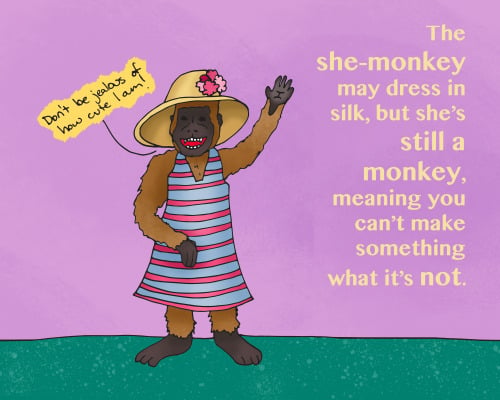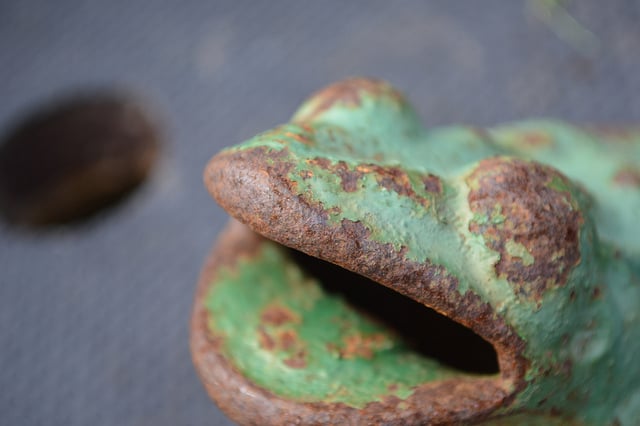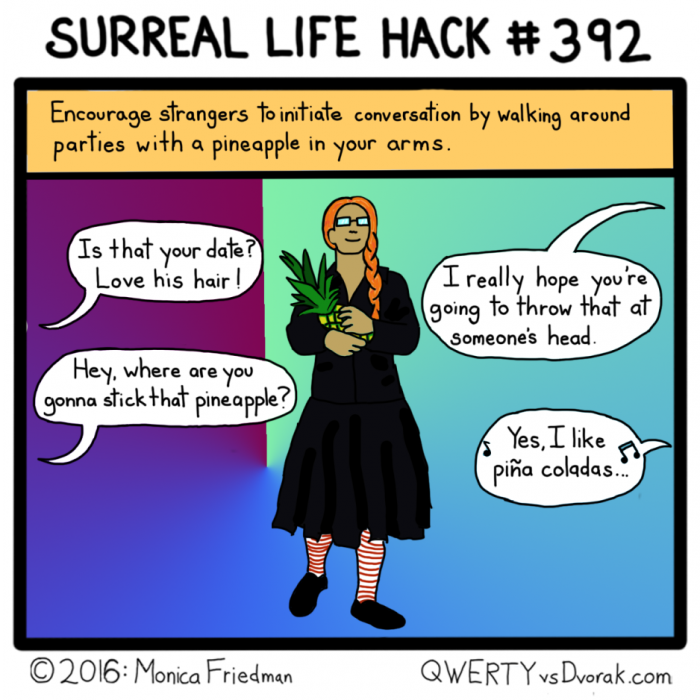Venezuelan Idioms That Will Make Your Heart Sing
Idioms are set phrases or sayings that are very pertinent to the way in which a particular group of people perceive themselves and how they impart their ideas. They can convey commonly held beliefs which are inherent to a particular place. Moreover, they also project underlying societal values.
Traditionally longer idioms are called proverbs. When looked at under a microscope, idioms in turn provide fascinating explanations in terms of how a culture appropriates value and more often than not such sayings can’t be directly translated from one language to another. Principally, they also reveal a wider sense of humour and wit. By learning idioms in a different tongue to our own, we can assimilate differing cultural values and this in turn can further our learning, as well as our lexicon.
Traditionally Venezuelan Spanish has a distinctly Caribbean flavour in terms of its linguistic origins, a distinction that is also reflected in its idioms. Venezuelan idioms overall are a very eclectic and nuanced mix, which cover a broad spectrum of topics and there is always a wider lesson to learn. Today, we’re going to review some our favourite sayings from the “Land of Grace”:

Photo via Tumblr
1. “Aunque la mona se vista, mona se queda.”
Translation: “Even though the monkey dresses up, she’s still a monkey.”
Meaning: It’s a humourous way to explain that something is what it is at the end of the day, despite however much you try to dress it up as something else, there is no undoing its true nature.
2. “La hora del burro.”
Translation: “The hour of the donkey.”
Meaning: The feeling after lunch when you feel particularly sluggish and lethargic.
3. “Te dejaron como novia de pueblo, vestida y alborotada.”
Translation: “You were left like a small town bride, dressed and excited.”
Meaning: In this scenario, perhaps the phrase is more illustrative than the English idiom, which is to ‘be stood up’ or ‘shunned last minute’. On this occasion it captures the sense of having made the effort to don one’s finery, before heading out and being left disappointed at the last minute.

Photo via Flickr
4. “Boca de sapo.”
Translation: “A toad’s mouth.”
Meaning: Someone who has a big mouth and is unable to keep secrets.
5. “Sudar la gota fría.”
Translation: “Sweat the cold drop.”
Meaning: If you are going to work hard on something and give your all, for example then you can say “sudar la gota fria.” When translated back into English it’s akin to ‘graft’ or ‘work hard’ on something. For example going to the gym would be an applicable time to use this phrase or another occasion when you will put your all might into a project.
6. “Por la plata baila el mono.”
Translation: “The monkey dances for money.”
Meaning: People will do anything for money.
7. “Más peligroso que mono con hojilla.”
Translation: “More dangerous than a monkey with a razor blade.”
Meaning: In essence something is extremely dangerous. Again, this harks back to the playful nature of the language, which juxtaposes two distinct concepts, that of a monkey, playful in nature and that of a razor, which has many dark connotations. It highlights how multi-faceted Spanish is in Venezuela undeniably is.
8. “Más jodido que surfista en Bolivia.”
Translation: “More screwed than a surfer in Bolivia.
Meaning: You’re really screwed because Bolivia is a landlocked country.

Photo via Monica Friedman
9. “Eres una piña bajo el brazo.”
Translation: “You’re a pineapple under the arm.”
Meaning: For those that are a ‘terrible nuisance’ or ‘bore’.
10. “Vas pa’l cielo y vas llorando.”
Translation: “You’re going to heaven crying.”
Meaning: It’s used when you have a wonderful opportunity and you still complain, akin to ‘acting like a spoilt brat.’
If you wish to learn a language, you can of course bury your head in a book, without developing a wider social conscious or you can take a more natural approach by practicing with natives, whereby you will often gain a richer dialectal perspective of the language.
